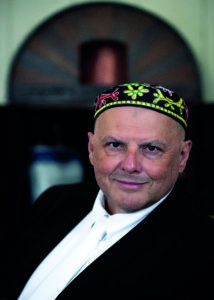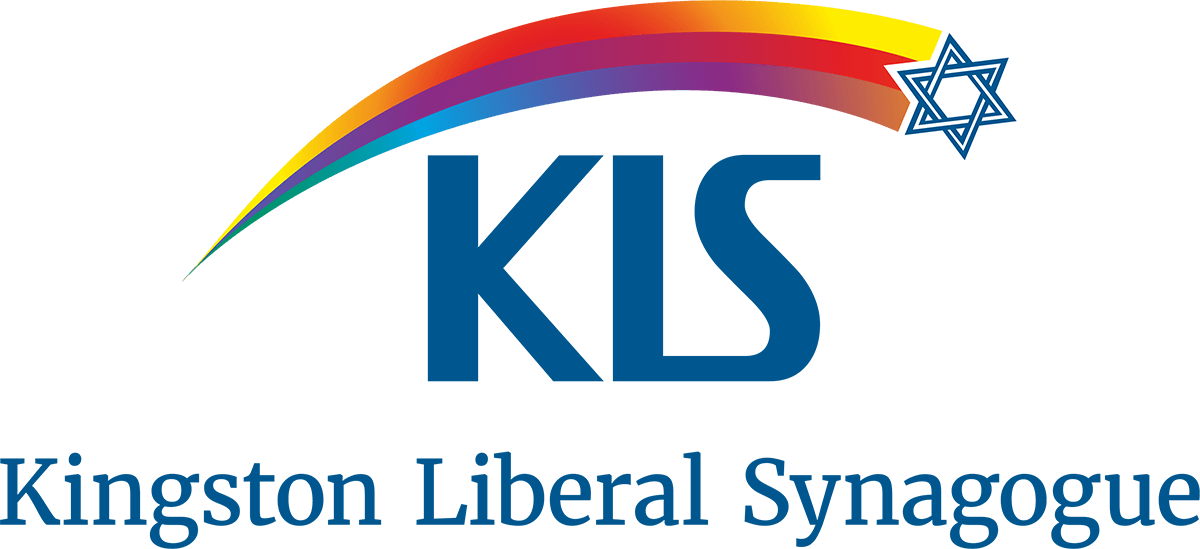“But I do have a voice….”
I am a big fan of the TV series “The Crown”, and I am currently watching the third season, starring the wonderful Olivia Colman as the Queen. One episode particularly struck me, the one that depicts Prince Charles heading to Wales to learn Welsh before being appointed as the Prince of Wales. In his speech, he decides to stray from the one prepared by constitutional experts, and to express his views on the Union. This doesn’t fool his mother who understands that the Prince is actually talking about his own predicament as the heir to the throne, isolated in the middle of the Royal family, and taught not to convey any opinion or feeling in public. When confronting his mother, Prince Charles says, but I do have a voice. She responds, let me invite you into a secret, nobody cares.
In order to protect the Royal family from scandals, or to keep their role of representing the entire United Kingdom, the Royals have to remain silent, and avoid any expression of their own views. That might be highly frustrating. Surely, being at the centre of power in London, they have informed views, opinions, but they can’t say a word.
The lesson from the Queen?
That made me think about leadership. Of course, there is only one Royal family and only one Queen, but this model of remaining silent to be everything for everybody has kept the monarchy so far. Once a leader expresses an opinion, s/he creates a division among his/her followers. There are those who are happy to hear it, and those who are unhappy. Maybe that is the magistral lesson from the Queen’s leadership style? She represents the unity of the four British nations, and at a time of crisis as ours, having a figure that is above all divisions keeps this kingdom united.
But what is the point of being a leader if one does not express any views? I suppose, a leader’s voice should be always in congruence with the underpinning values of her/his institution or organization, and keep the whole together, whilst acknowledging divergence of opinions within it.
Helping us ask the right questions

We have seen recently Rabbis making strong statements about the upcoming General Election. Of course, our community needs rabbinic guidance, especially in troubling times. An election campaign is always heated, with strong arguments from all sides, and it is now getting complicated with social media where anyone can say anything and be public, and a general mistrust towards politicians and media. My vision of the rabbinic voice is to help people to ask the right questions when everywhere around us the world is entangled in endless boiled debates. You have to think about three elements of your life: your family, your community, and your country. Are the proposed policies protecting your individual rights and well-being, and at the same time protecting our community and our country as a safe place where each person is valued? Which party will protect better the delicate balance between the individual and the collective? Is a proposed policy divisive or harmonising?
Fear is a powerful drive in human relationships, and it is often used during election campaign. However, we have been granted reason and critical thinking, and more than ever do we need now to use these tools to make the right choice on the 12th of December. Our families, our community and your country will still be standing on the 13th of December. When you enter the polling booth on Election Day, be not driven by fear, but by your own convictions.
